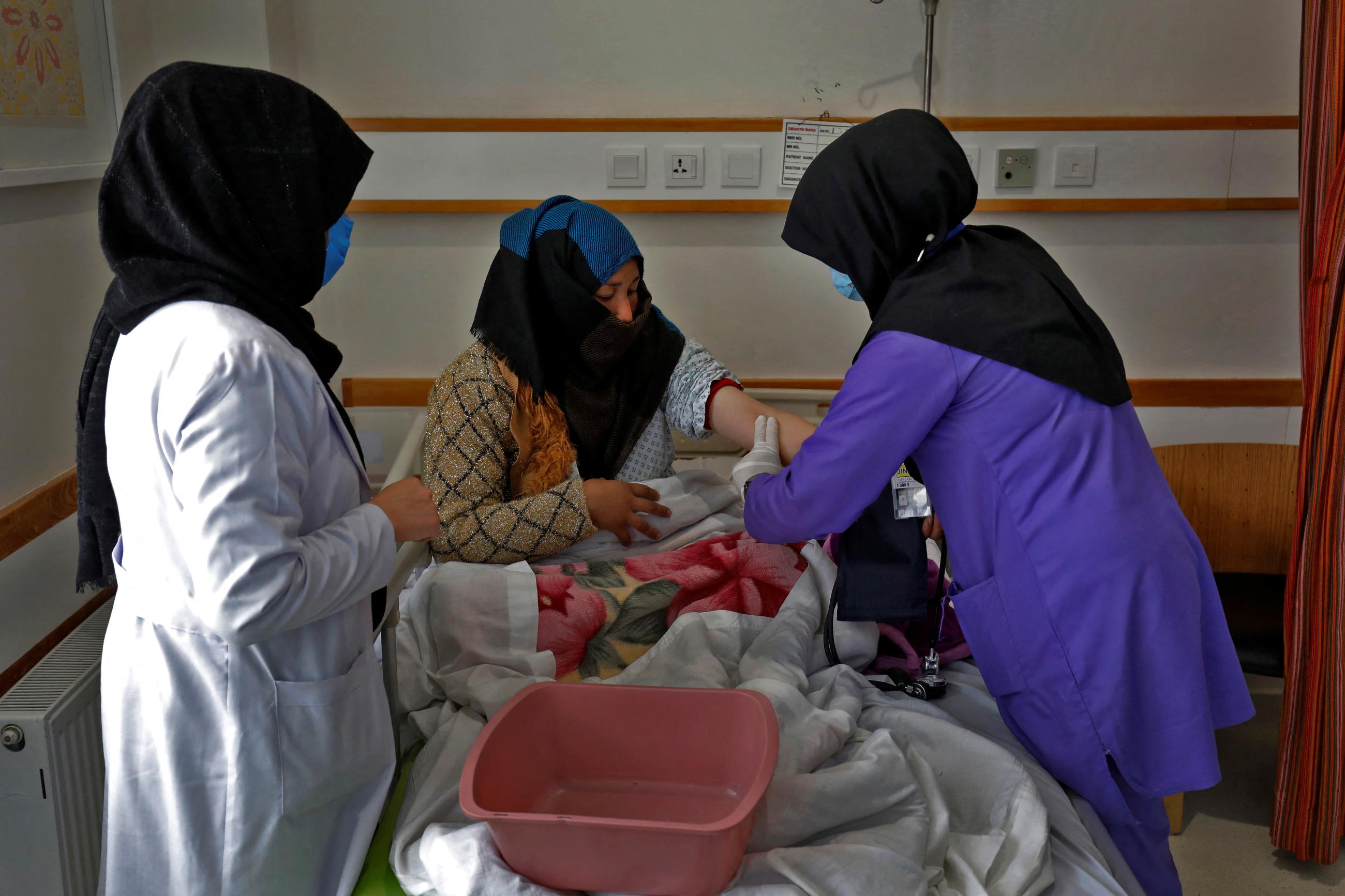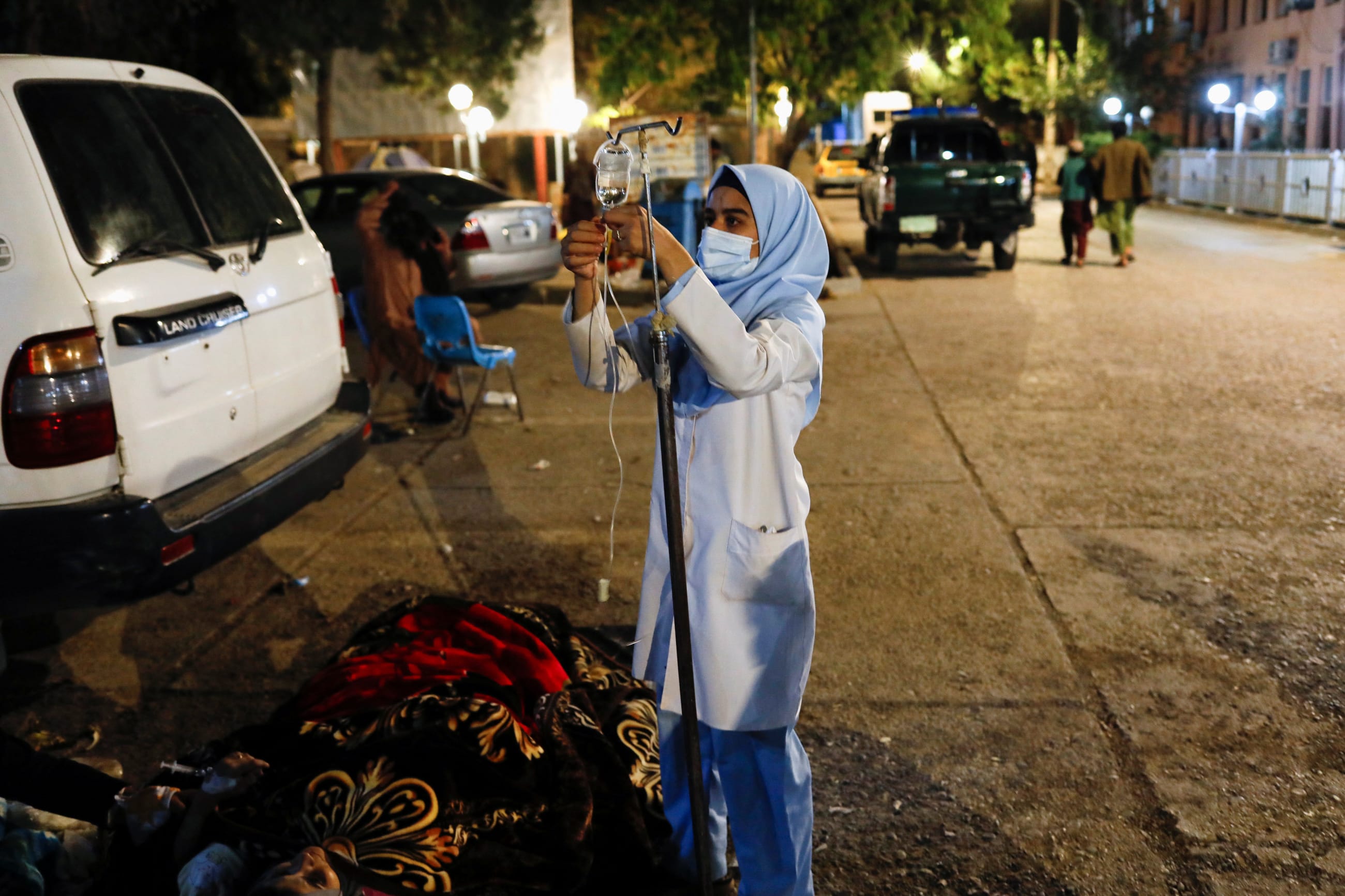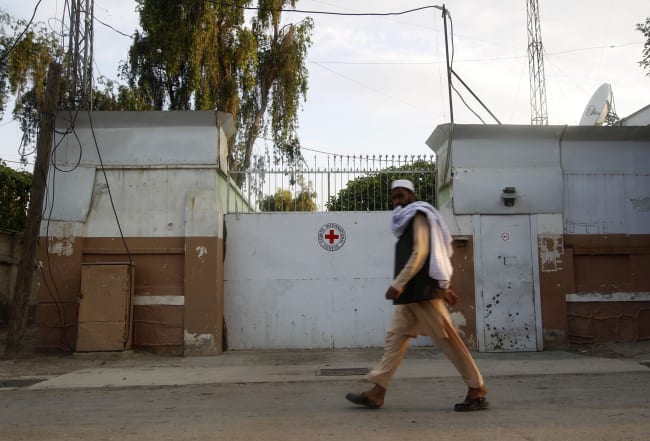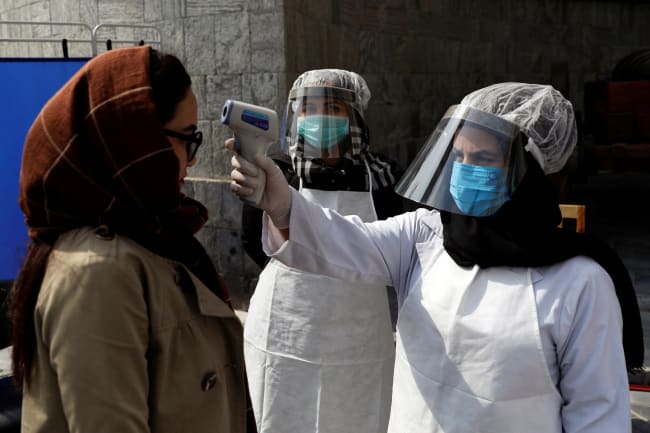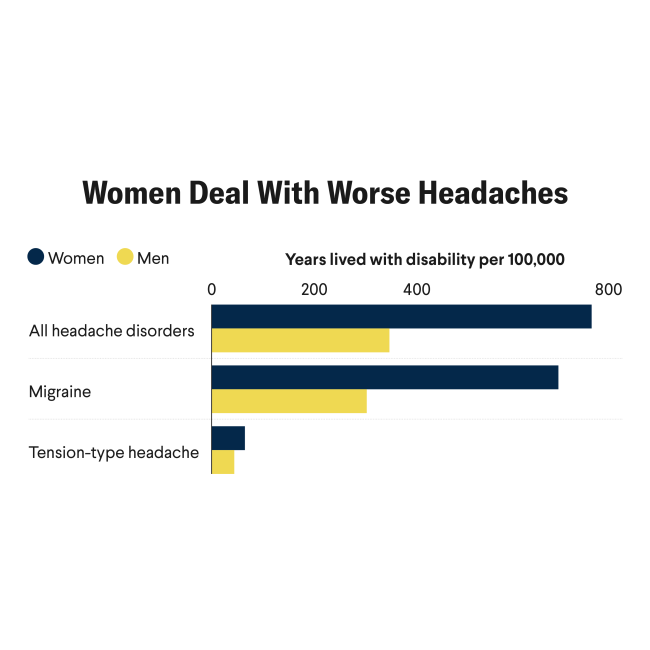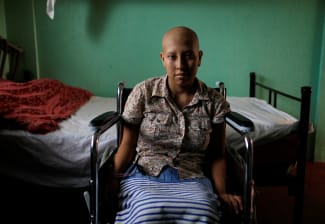Since August 2021, an estimated 450,000 female students enrolled in 167 public and private universities in Afghanistan have been forced to quit their programs as a result of the Taliban's ban on women's education. That number includes thousands of women who aspired to become health professionals and deliver lifesaving care to marginalized communities across the country.
In Afghanistan, where health worker shortages are rampant, the education ban has undermined the pipeline of new female talent entering the health-care field and deepened a deficit that will take decades to recover from.
Recent estimates suggest that Afghanistan has 0.33 doctors per 1,000 people versus 20 per 1,000 in high-income countries. The World Health Organization recommends a rate of 2.5 per 1,000. This dearth is catastrophic in a country already grappling with some of the world's worst health outcomes, including stunting, acute malnutrition, and high child and maternal mortality.
Afghanistan has 0.33 doctors per 1,000 people
Although international pressure campaigns have not swayed the Taliban's ban on women's education to date, experiences over the past two years suggest multiple avenues for international organizations and the United Nations to continue engagement and dialogue with the Taliban to expand those efforts.
Smart incrementalism is an approach designed to prioritize actions and interventions considered doable amid uncertainty and instability, albeit modest in scope. Adopting smart incrementalism as an approach to negotiate additional exemptions for women's education would not mean giving up on the effort currently under way to reverse the ban on education. Instead, given the urgency of the growing educational gap, pressure for a total reversal of the ban should be supplemented with an incremental approach that seeks targeted exemptions to minimize harm.
A smart incrementalism approach is feasible given a precedent from the previous Taliban regime. Toward the end of the Taliban's first rule and despite the total ban on education, the late Dr. Suhaila Sediqq adeptly continued training female medical students under the Taliban's watchful gaze.
One option to negotiating with the Taliban would be to shift the administrative oversight of the medical university from the Ministry of Higher Education (MoHE), which is currently affected by the ban, to the Ministry of Public Health, which is not. That could alleviate the practical burden of obtaining exemption for female medical students affected.
This change in oversight could face some challenges, particularly given that, traditionally, the MoHE has overseen accreditations. In the current context, however, with an ever-increasing learning gap, this could be a viable solution.
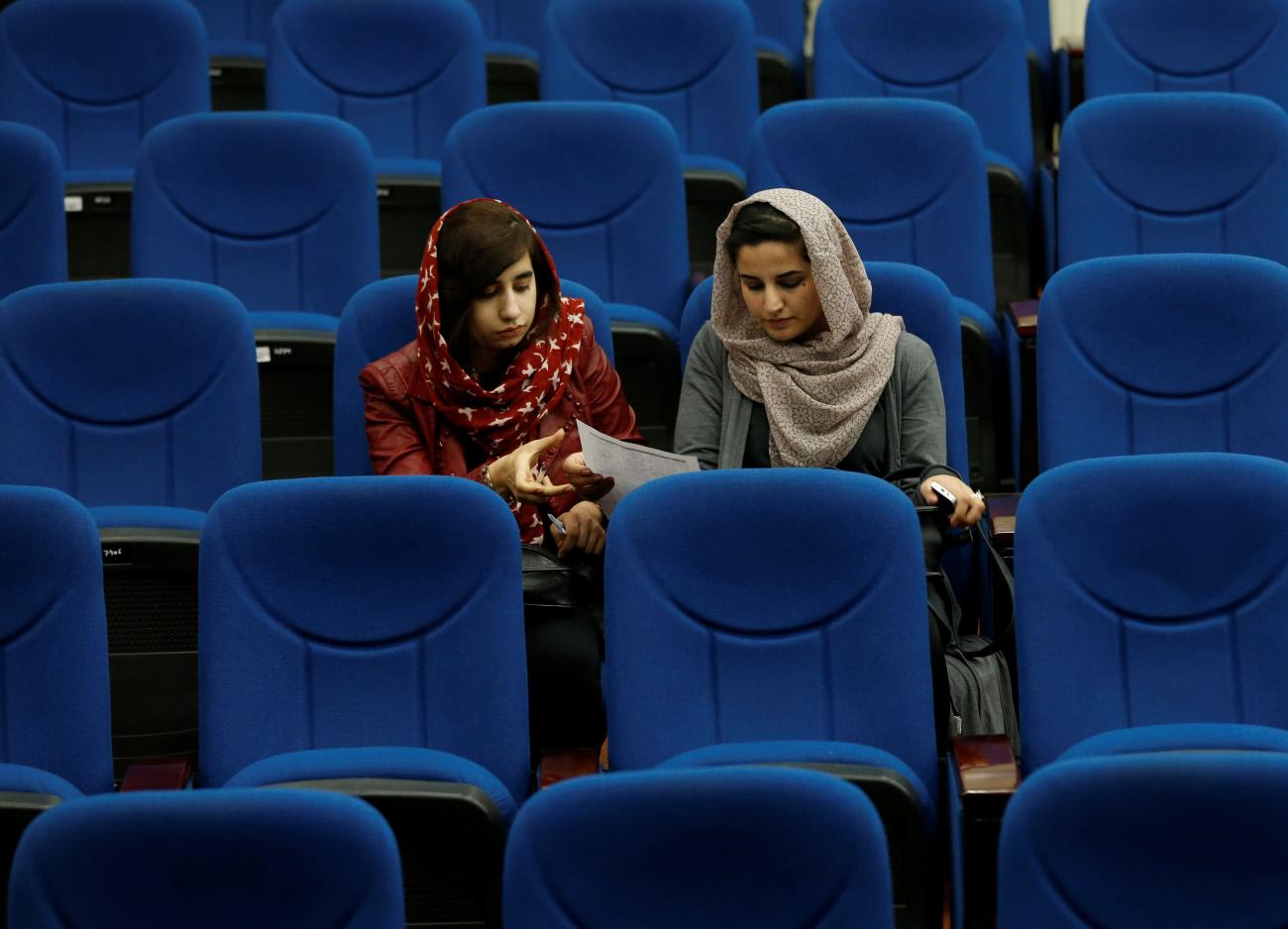
Along with our colleague Elisa S. Dickey, we recently conducted a qualitative study in which we investigated factors that influenced both the health sector and health service delivery following the Taliban's government takeover in August 2021. One of the factors participants cited most frequently as contributing to the resilience of the health system during this time was the commitment of health workers—many of whom are women—who continued to show up to work despite a lack of pay and life-threatening risks.
Our fieldwork coincided with the Taliban's ban on girls' education and the ever-expanding edicts restricting women's employment in the public sector and with international organizations, as well as their access to higher education. The frustration, moral quandaries, and devastation felt among female doctors cast a dark cloud over these interviews. Those currently practicing medicine in Afghanistan lamented the difficult choice they faced to either uphold their medical oath and continue to serve women in the country, or to try to leave given that they see no real future for themselves and their children, especially their daughters.
It was equally devastating to hear from participants about the impact of qualified female students—recently estimated to number more than 3,000—being denied the opportunity to sit for their medical exit exams, a required step to being licensed to practice medicine. Having spent their lives dreaming to become a doctor only to be denied at the final hurdle is a profound tragedy that has inflicted irreparable damage and trauma on these young women.
Based on discussions with health professionals and medical students, resistance to the ban has thus far manifested not in surrender but in adaptation and moderated expectations. For example, many former medical students now pursue community midwifery education (CME), which is still allowed by the Taliban as a two-year diploma. This professional pivot ensures continued work in health care, albeit not as doctors. The Taliban's acceptance of CME could provide a potential model and pathway for smart incrementalism that enables female medical students to complete their degrees as well.
Having spent their lives dreaming to become a doctor only to be denied at the final hurdle is a profound tragedy
Further, the Health System Transition Strategy (2023–2025), which focuses on strengthening the health workforce, provides a strategic foundation for advocating for exemptions within the framework of health system enhancement. The need for trained health-care providers is particularly important for vulnerable populations, and permitting female students enrolled in medical schools to complete their degrees and take the exit exam will reduce severe provider shortages in the current health system. Additional exemptions to female medical education will also help address critical and time sensitive issues including the soaring mortality rates among Afghan women giving birth and among infants.
Change in Afghanistan remains daunting, yet practitioners understand the need for relentless and opportunistic pursuit of solutions. For Afghan women whose livelihoods and careers have been upended by the female education ban, exploring all avenues—including incremental exemptions—is not just a matter of political bargaining but also a remaining candle in a long-abandoned hall.
Time is of the essence, and delays in obtaining exemptions for female students to resume their medical studies—or for the thousands waiting to take the exit exam—only compound the challenge of preventing the loss of a generation of potential doctors. That elements of the Afghan health system proved to be somewhat resilient during the crisis in government over the past two years is largely attributable to the adaptability, resilience, and commitment of both male and female doctors and frontline health workers.
The extent to which this resilience can continue for the foreseeable future is unclear if the current course is not corrected.
